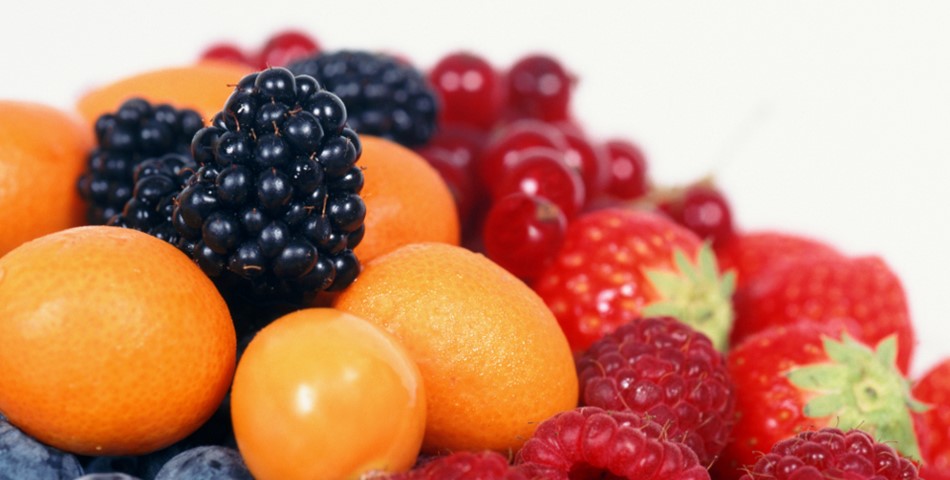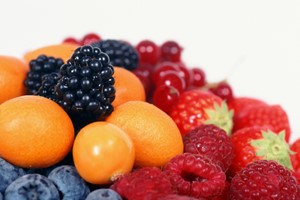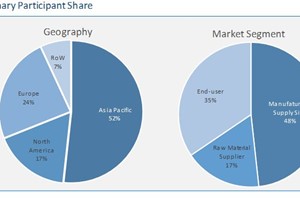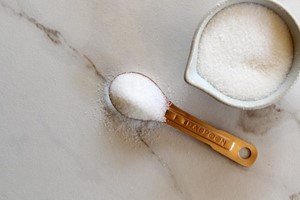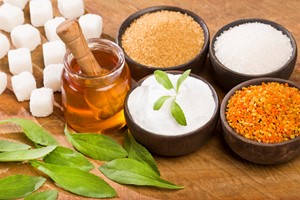Despite its sweet history, sugar is now facing a bitter existential reality due to its alleged connections with lifestyle-related disorders, such as diabetes, obesity, and cardiovascular diseases. Though the scientific community is still debating the link, scientific aspersions have created uncertainties for the global sugar businesses. In turn, it has given a big push to sugar alternatives and sweeteners.
As per National Institute of Health’s (NIH USA) associated research, consumption of added sugars has been blamed for increased risk of a variety of chronic diseases including obesity, cardiovascular disease, diabetes and non-alcoholic fatty liver disease (NAFLD) as well as cognitive decline and even some cancers. Support for these putative associations has been challenged, however, on a variety of fronts.
These researches have paved way for a global wave of sugar taxation. The concept of sugar taxes, most commonly applied on sweetened beverages has attracted strong reactions globally. Proponents see taxes as a major deterrent to sugar consumption, and consequently as an aid in reducing the global obesity crisis. Anti-sugar outfits feel that the sugar tax compels manufacturers to reformulate their products with reduced sugar, while simultaneously creating a revenue stream for public health initiatives with the tax collections.
Opponents of sugar taxation, majorly players in the existing sugar business value chain, claim that such taxation has shown little evidence of reduction in sugar consumption but has been reported to cause job losses and overall a loss in the economy. Taxation, leading to price rise, has a moderate to high deterrent impact on the purchase behavior of low-income consumers but has little or no impact on the affluent consumer base of these products.
The UAE is amongst the top consumers of sugar, with an average person consuming 213kg per year — equivalent to 53,591 teaspoons annually or 147 teaspoons per person on an average. While the recommended daily allowance of sugar is 30 grams (five teaspoons) for people aged 11 and over, the UAE figures are nearly 30 times higher.
In terms of sugary product consumption, UAE also has the fifth highest rate of fizzy drinks consumption in the world - higher than any other country outside the American continent. Estimates show that a UAE resident consumes an average of 103 liters of soft drinks a year.
Sugar Consumption and Taxation in UAE: Intent vs. Impact
UAE deepened its sugar taxation this year, when its Federal Tax Authority announced a new selective tax (excise) on sweetened beverages from December 1 2019. This is in addition to the excise tax that came into effect in October 2017, in which cigarettes and energy drinks were slapped with 100 percent tax and fizzy drinks with 50 percent levy on their price.
As per the Federal Tax Authority (FTA), sweetened beverages include any product to which a source of sugar or sweetener is added, and is produced as a ready-to-drink beverage. It includes concentrates, gels, powders, extracts, or any other product that can be converted into a sweetened drink. More clearly, sugar includes any type of sugar determined under Standard 148 of the GCC Standardization Organization as 'sugar' and any subsequent relevant standards.


Sweeteners include any type of sweeteners determined under Standard 995 of the GCC Standardization Organization as 'sweeteners authorized for use in food products, and any subsequent relevant standards. As per the UAE Government, the rates of excise tax will be 50 per cent on any product with added sugar or other sweeteners and 100 per cent in case of energy drinks. Similar excise tax levy has been applied for electronic cigarettes and vaping devices, thereby sending a very strong message of drawing a similarity between tobacco and sugar in terms of their effect on human health.
Proactively, the Federal Tax Authority has already launched a new excise tax registration process for businesses likely to be affected by the expanded coverage of the excise tax and recommends that businesses promptly commence their registrations.
In essence, the newly implemented sugar taxation is expected to create awareness as well as change consumption patterns across UAE as retail beverage manufacturers are expected to re-formulate their offerings and/or re-design their product portfolio to keep a healthy mix of tax attracting and tax-free products on the shelf. As per early reports on the effect of sugar tax, retail sale of energy drinks in the UAE reportedly dropped by up to 65 percent. However, it is important to note that these kinds of taxes have varying effect depending on the social structure of the population.
While health professionals in UAE, especially pediatricians, welcome the taxation on energy drinks and soda beverages, they also urge the regulatory agencies to pay attention to categories such as juices and nectars, which also have higher levels of sugar but are usually considered a healthy alternative/offering by the consumers.
While sugar manufacturers are struggling to minimize the loss in sugar volumes resulting from reduced usage by end users, sweeteners have a unique opportunity to emerge as the most suitable alternative to sugars due to their high sweetness parity at a much lower volume usage per serving.
Sugar Alternatives: The New Sweet Spot
Alternatives to sugar and sweeteners are not a recent phenomenon. Attempts to create substitutes for sugar began way back in the 1800s, with substances such as Saccharine, Stevia etc. The main technological objective of sugar alternatives is to cut down on calories while retaining sensorial similarity to natural sugar. Historically, any advancement in the Sugar Alternative Technology spectrum is followed by a Regulatory Halt (based on safety), followed by Clearance (based on Industrial Leverage).
Besides natural sweeteners, synthetic sweeteners are getting popular due to:
- High sweetness values (compared to sucrose)
- Versatility of use across multiple end-use products
- Price per sweetness (compared to traditional sugars) makes most sweeteners more cost-effective compared to traditional sugars
While mass produced sweeteners mentioned above are gaining popularity with a wide range of users, global manufacturers such as Nestlé and Cadbury (Mondelez) have also completed their own R&D and innovation on sweeteners, and have managed to reduce the sugar content by up to 30 percent in sugar critical categories such as chocolates and confectionaries.


Examples of such innovation include Nestlé’s Milkybar Wowsomes with 30 percent less sugar (13) and Cadbury’s Dairy Milk 30 percent less sugar variant (14). In the beverage industry, Coca Cola launched its patented Stevia sweetened No Sugar variant in New Zealand.
Sugar Alternatives: Challenges and Current Developments
Despite global examples and success stories of sugar replacement by sweeteners, the wide scale adoption of sweeteners is limited due to challenges.
Sugars vs. Sweeteners: The Road Ahead
In conclusion, with the global movement against sugar to label it as a major health liability similar to tobacco, the pressure on sugar consumption will continue to increase as WHO on-boards and mandates more and more countries to align its efforts in reducing sugar consumption.
The sugar industry is by no means expected to allow these changes without a pushback. Major sugar manufacturers in the taxed countries have already started efforts to highlight the ill-effects of sugar tax on economy and employment, while approaching end users to advocate the technical benefits that sugar provides in the form of structural stability and ease of formulation.
Manufacturers, however, are forced to operate based on consumer sentiment and regulatory conditions and global manufacturers like Nestlé, Cadbury (Mondelez), Coca Cola, PepsiCo have already started converting their portfolios to factor in a larger share of “Sugar Free” and “Without Added Sugar” products.
This is expected to usher in a new wave of products into the market which are going to utilize less and less sugar, and will join the global market wave of health and wellness foods becoming a part of the mainstream food market. It is advisable for any sweetened product manufacturer to pre-empt these changes before they are mandated and start their efforts to make their product portfolio future-ready on a proactive basis rather than on reactive basis.
Satvik Jaitly
Consultant, Visionary Science Practice
Frost & Sullivan




